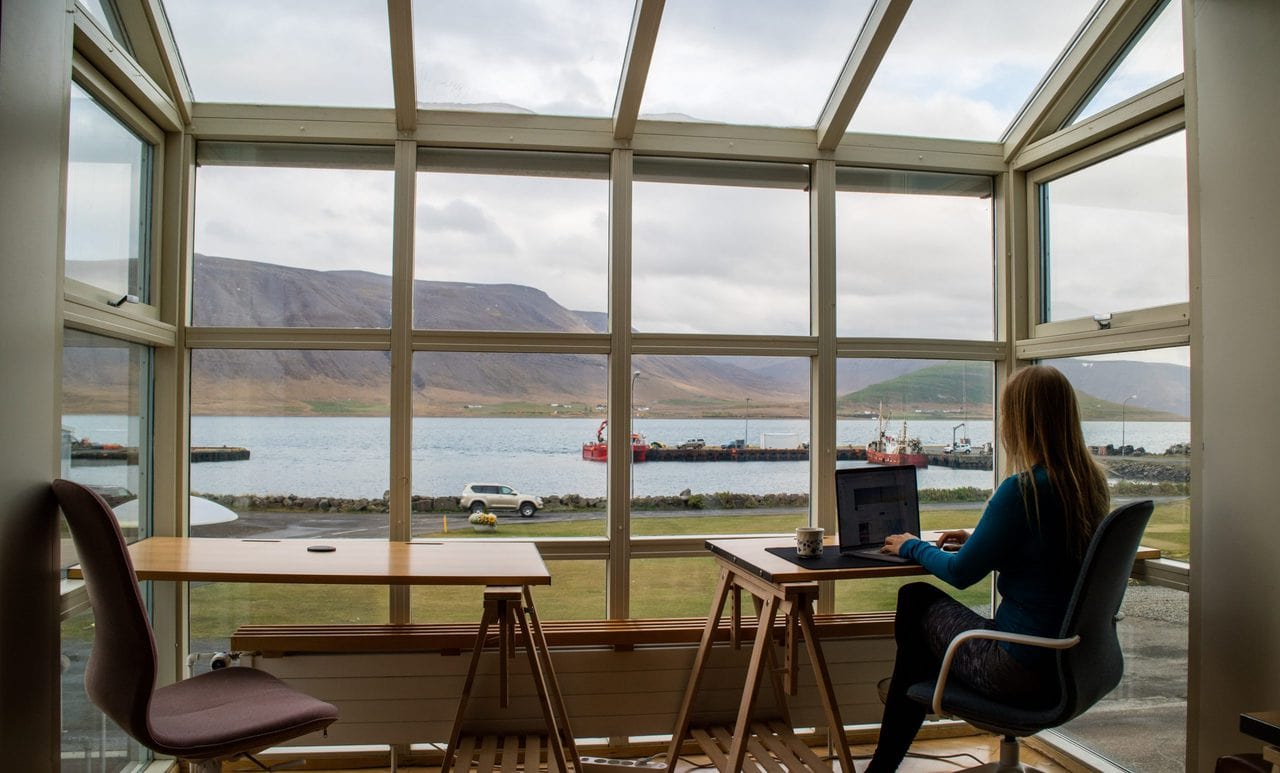In the first half of 2020, the world ground to a halt through Coronavirus, but the long-term financial burdens of the virus are only now starting to become apparent. Economic growth this year is expected to contract by as much as 8%, and companies everywhere are having to re-evaluate running costs and expenses. Before Coronavirus, there had been a gradual shift towards remote working and increased use of automation in business.
As people were forced to work from home during the lockdown, employees moved online as a way to stay in touch and keep working.
While some of the changes forced by Covid-19 will undoubtedly revert once the virus has passed, there is growing evidence that the way we work has likely changed forever. As the world slowly emerges from lockdown, how ready is your company for life in the New Normal?
The tools required for remote working
In a recent survey, 74% of employees confirmed they believe remote working will become the norm. If you’re considering embracing this trend, learn how to create your own remote work policy to ensure a smooth transition and effective remote work environment. Coronavirus may have accelerated the transition to teleworking, but now most employers and employees have become accustomed to working away from the confines of the traditional office environment; it’s unlikely we’ll see a return to the ways of old any time soon.
There are several tools your company needs to facilitate the change to teleworking, not least of which is a robust external IT network.
 Cloud-based storage and systems that allow collaborative working is already common, but our reliance on these technologies is going to increase substantially over the coming years. It is critical that your employees’ devices are secure. Fortunately, that is made easier using a comprehensive security solution like Aura. Prepare now by putting systems and processes in place early. The most important considerations for remote working are:
Cloud-based storage and systems that allow collaborative working is already common, but our reliance on these technologies is going to increase substantially over the coming years. It is critical that your employees’ devices are secure. Fortunately, that is made easier using a comprehensive security solution like Aura. Prepare now by putting systems and processes in place early. The most important considerations for remote working are:
- Online storage, file sharing and the facility to work collaboratively
- A robust IT network capable of handling remote access
- Secure employee access – including over devices (cell phone, tablet, laptop)
- Communication tools for video conferencing, messaging, and Voice over IP (VoIP)
- Shared calendars to allow for time management and arranging meetings
- Project management tools the likes of Smartsheet for status updates and to assign responsibilities
Safeguard the health and safety of employees
Catering to your staff’s needs and looking after their well-being will become even more important in a New Normal where employees no longer come to the office every day. A lack of human contact can lead to feelings of isolation amongst staff, and it will be increasingly important to monitor your employees’ health and general job satisfaction.
 A well-produced and structured Human Resources Information System or HRIS, as it is known, will help you stay on top of your HR considerations and keep track of employees. HR software can automate many everyday tasks, including:
A well-produced and structured Human Resources Information System or HRIS, as it is known, will help you stay on top of your HR considerations and keep track of employees. HR software can automate many everyday tasks, including:
- Hiring and issuing contracts
- Onboarding employees including setting up benefits and payroll
- Employee management, key contact details, and records
- Workforce insights including turnover, profitability, and performance management
- Legal and tax compliance
- Mobile access for employees and employers through apps
Will the rise of the machines mean the end of the workforce?
As business processes become more automated, another very important (yet often overlooked) consideration is to reassure employees, their roles will not become redundant to technology. On the contrary, there is increasing evidence that the move to AI and automation is boosting employment and creating jobs.
Coronavirus has undoubtedly brought many negative changes to our lives in the short-term. Still, it has also provided the opportunity for employers to reboot and completely rethink the way we’ll work in the future.
In the same way, many people are starting to re-evaluate their consumption levels and the effects of pollution on the environment, so businesses are being forced to take an inward look at how they can rethink processes and improve efficiency. Although we perhaps don’t realize it right now, in years to come, the changes we make through Coronavirus might just end up viewed as a turning point for good.
